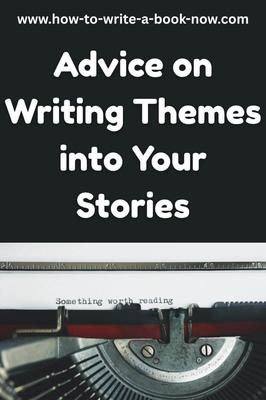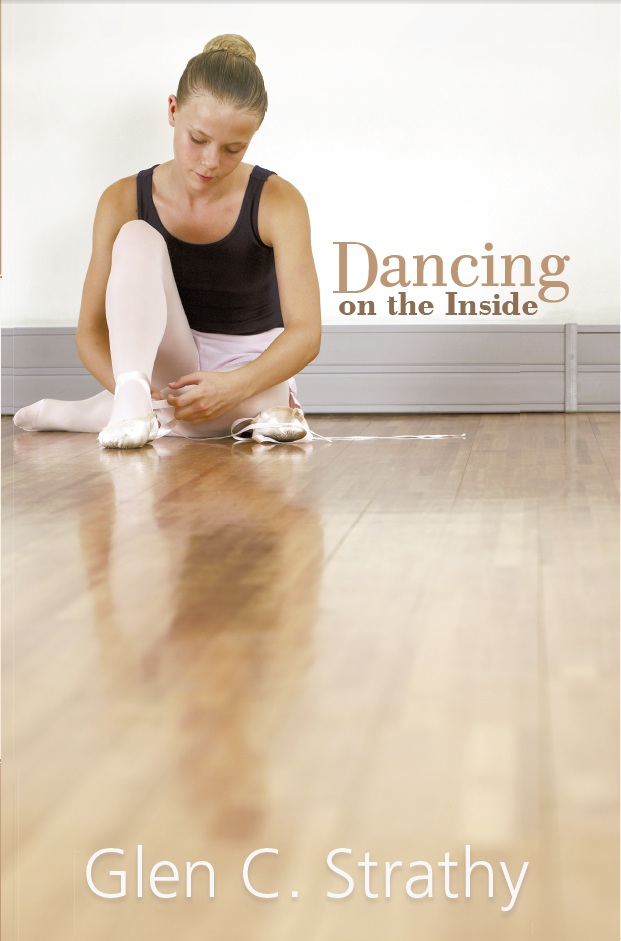Beta reader and paid editing service
Question: As an English second language speaker who doesn't live in an English speaking country, I found myself having trouble with finding beta readers.
I started learning English since I was three, and I don't have much trouble reading, writing, or speaking in English. However, most of my friends and family members are not proficient in English. Most of them couldn't stand reading a full-length novel in English, so it's impossible for me to have them as beta readers. I've had several native English speaker teachers, but I don't want them to be my beta-readers either, because the teacher-student relationship makes things weird, and I think although it's okay to let them proofread an essay or a short story, throwing an 80,000 word novel at them is too much. It is almost impossible to find someone I know as a beta reader for my novel, and I couldn't trust someone over the internet, but I know I definitely need someone to help me with my writing, so when I found out about paid editing services, I wanted to try, but still, I know nothing about it. I'm not sure if it is credible. Although they all guaranteed PhD editors and 100% confidentiality, nobody knows if these are real. And also, These services are usually costly. It would probably cost me hundreds or even thousands of dollars. This isn't going to be a big financial problem for me, but I wonder if I should pay so much to hire an editor. Nothing is guaranteed. I'm not even sure if this novel would ever be published, so
Answer: You might explore some writers' associations (those run by and for professional writers). They exist for most genres, as well as general fiction. Some of these associations run online critique groups which you can participate in for free (provided you pay the association's modest membership fee). Of course, you would have to be willing to critique others' work in return.
Paid editing services are a dicey proposition, for exactly the reasons you mention. There are good freelance editors who might offer you real value for your money, and there are businesses that just want to cash in on desperate aspiring writers. Either way, it costs much less to participate in an online critique group.
Here too, joining a writers association may help because you can find out from other members which editing services are reputable. You can also check out the website, Preditors and Editors, which tries to keep track of disreputable editing services.
Some writers' associations now offer editing/critiquing services to members. I would tend to trust them more than others because...
a) the association exists to support members, not exploit them.
b) if the service is bad, members will complain and the editor/critiquer will be replaced quickly. Since many of the members are professional writers, they can tell if they're getting good value.
Incidentally, having a Ph.D. does not mean a person is a good editor. Most editors don't have one. It might matter for academic writing, but not fiction. So I would be cautious about a service that brags about this credential.
- Home
- Writing Questions
- Beta reader and paid editing service















